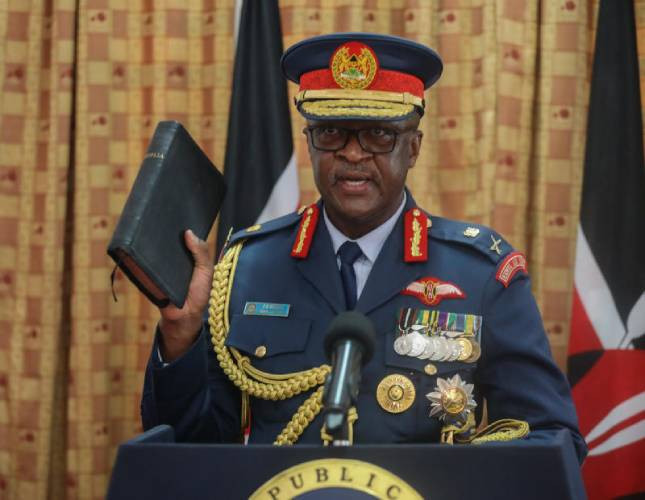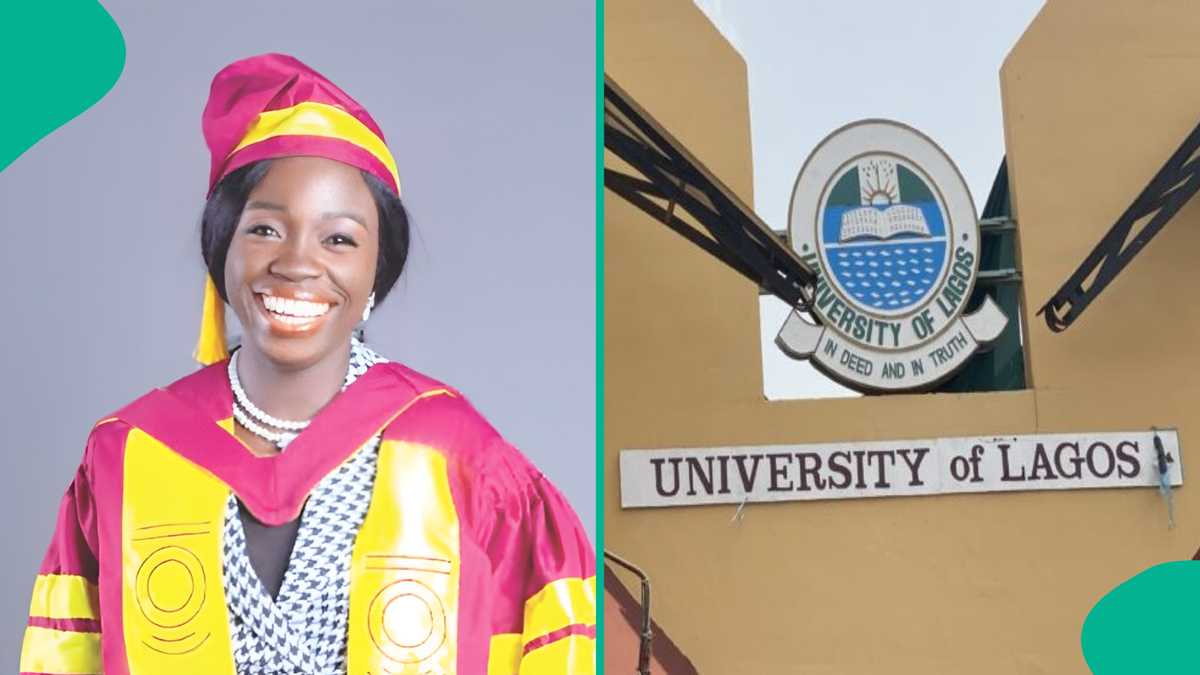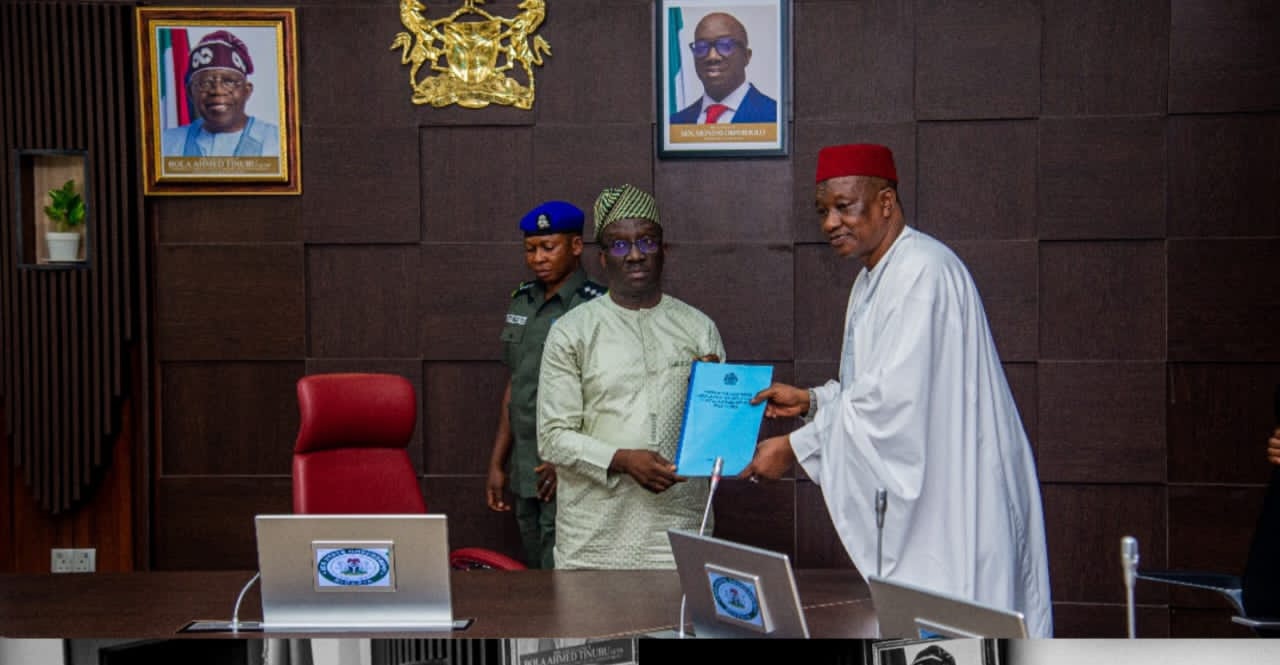UPND'S CONSTITUTIONAL AMENDMENTS: A BACKDOOR POWER GRAB DISGUISED AS REFORM - The Zambian Observer
STATEMENT BY MUNTHU PARTY PRESIDENT STEPHEN NYIRENDA
FOR IMMEDIATE RELEASE
UPND’S CONSTITUTIONAL AMENDMENTS: A BACKDOOR POWER GRAB DISGUISED AS REFORM
The UPND government’s proposed constitutional amendments have sent shockwaves across the nation — and for good reason. Under the guise of reform, the ruling party is pushing through changes that threaten to undermine Zambia’s democracy, concentrate power in the presidency, and manipulate the political landscape ahead of the next election. The same UPND that fiercely condemned the Patriotic Front (PF) for trying to amend the constitution under Bill 10 is now guilty of the same political maneuvering. What was undemocratic under Edgar Lungu is suddenly justified under Hakainde Hichilema. The hypocrisy is staggering.
Let’s expose the truth behind these proposed amendments — the good, the bad, and the outright dangerous:
1. CONSTITUENCY DELIMITATION (Amend Articles 58 & 68)
This amendment seeks to redraw constituency boundaries based on population and size, aiming for more equitable distribution of the Constituency Development Fund (CDF). This could improve resource allocation and ensure fairer representation in rural and urban areas. However, the timing raises questions. Why now? With elections looming, redrawing boundaries could be manipulated to favor certain regions or parties — effectively gerrymandering Zambia’s political map.
2. CANDIDATE RESIGNATION (Amend Article 52(6))
If a candidate resigns before an election, the process will continue without requiring fresh nominations, preventing costly and disruptive delays. However, this could open the door to political manipulation, where strategic resignations are used to influence electoral outcomes.
3. ENHANCED REPRESENTATION (Amend Articles 47(2) & 68)
This amendment guarantees seats for women, youth, and persons with disabilities, which would improve diversity and inclusion in Parliament. While representation is important, there is a risk of tokenism, where these seats are filled with party loyalists rather than genuine representatives of marginalized groups.
4. MPs IN COUNCILS (Amend Article 153(2))
Reintegrating MPs into local councils could create greater alignment between national and local development priorities. However, it could also politicize local governance, with MPs influencing council decisions for political gain.
5. ELECTION PETITION CLARITY (Amend Articles 73(2), 101(5), & 103(2))
Setting clear timelines (90 or 14 days) for resolving election petitions would enhance electoral stability and avoid prolonged political uncertainty. However, rushing the process could compromise thorough investigations and fair outcomes.
6. BY-ELECTION REFORM (Amend Article 57)
Ending party vacancy by-elections would save the government over K264 million plus K3.9 million per candidate. However, this could reduce political accountability, as parties would have less pressure to perform knowing that vacancies would not trigger by-elections.
7. NOMINATED MPs INCREASE (Amend Article 68(2)(b))
This is the most dangerous and alarming proposal. Increasing the number of nominated MPs would give the sitting president excessive power to stack Parliament with loyalists. It would turn Parliament into a puppet institution — stripping away its independence and reducing it to a political tool of the executive. If passed, this amendment would allow the president to install enough hand-picked MPs to influence votes, pass controversial bills, and silence opposition. This is not reform — it’s political engineering.
8. MP TERM HARMONISATION (Amend Articles 81 & 266)
Fixing Parliament’s term at five full years would create stability and predictability. However, if political tensions escalate, being locked into a fixed term could lead to prolonged political deadlock.
9. MINISTERS’ VACANCY (Amend Article 116)
Requiring ministers to vacate office 90 days before an election would prevent abuse of government resources for political advantage. However, ministers could still use their influence and connections to campaign indirectly.
10. MAYOR TERM LIMITS (Amend Article 154(2)(b))
Removing the two-term cap for mayors could entrench political dynasties and stifle leadership renewal at the local level.
11. SECRETARY TO CABINET (Amend Article 176(3))
Lowering the experience requirement from 10 to 5 years would allow younger and more dynamic candidates to take the role. However, reduced experience could lead to poor governance at the highest level of civil service.
12. ATTORNEY GENERAL CONTINUITY (Amend Articles 178(1)(b) & 179(4)(b))
Retaining the Attorney General until a new appointment is made would avoid legal gaps and ensure continuity in government legal advice. However, if misused, this could allow the ruling party to hold on to a loyal Attorney General indefinitely.
13. CHILD/ADULT DEFINITIONS (Amend Article 266)
Defining a child as under 18 and an adult as 18+ would align Zambia’s constitutional framework with international human rights standards. No significant downside, but the change could influence policies on age-based protections and responsibilities.
THE BIGGEST THREAT: ARTICLE 7 IS A POWER GRAB
The increase in nominated MPs is a thinly veiled attempt to concentrate power in the presidency. A Parliament packed with presidential loyalists would weaken Zambia’s democratic foundation, limit genuine debate, and undermine the voice of ordinary Zambians. This is not about governance — it’s about control.
The timing is also suspicious. With elections around the corner and UPND losing ground among its supporters, these amendments are not about reform — they are about political survival. Zambians must reject these changes with the same conviction they rejected Bill 10.
We cannot allow Zambia’s democracy to be sold off piece by piece for political convenience.
MESSAGE TO THE UPND: DROP ARTICLE 7. RECONSIDER THE TIMING. RESPECT DEMOCRACY.
Zambians fought hard for their democracy — they will not sit back and watch it stolen through constitutional manipulation. The Constitution is not a tool for political engineering; it is the backbone of our democracy. UPND must remember that power belongs to the people — not the presidency.
ZAMBIA IS FOR ZAMBIANS — AND ONLY ZAMBIANS WILL DEVELOP ZAMBIA.
Stephen Nyirenda
Munthu Party President










